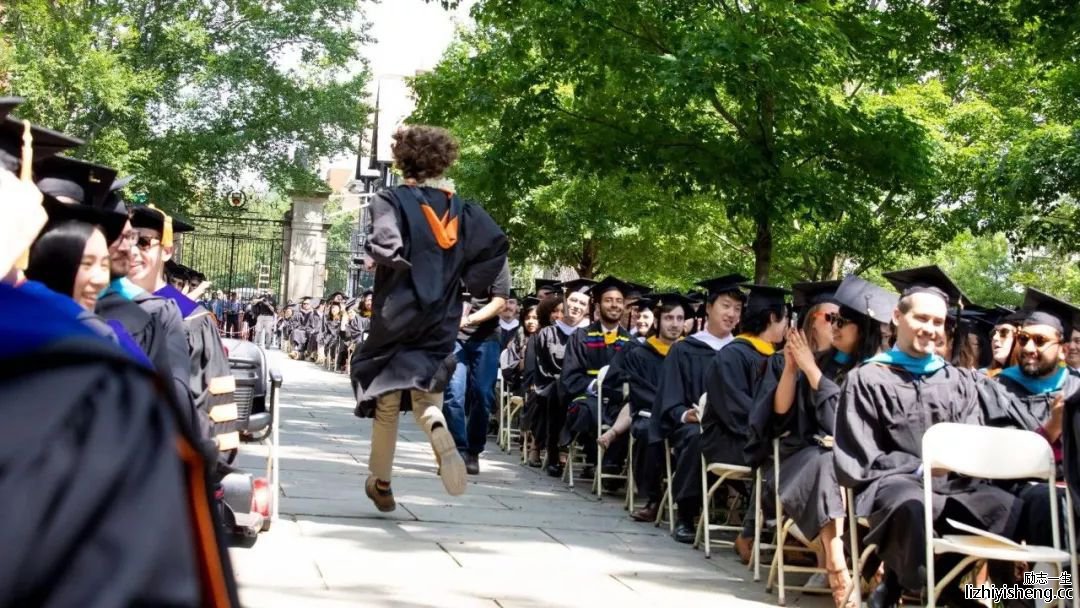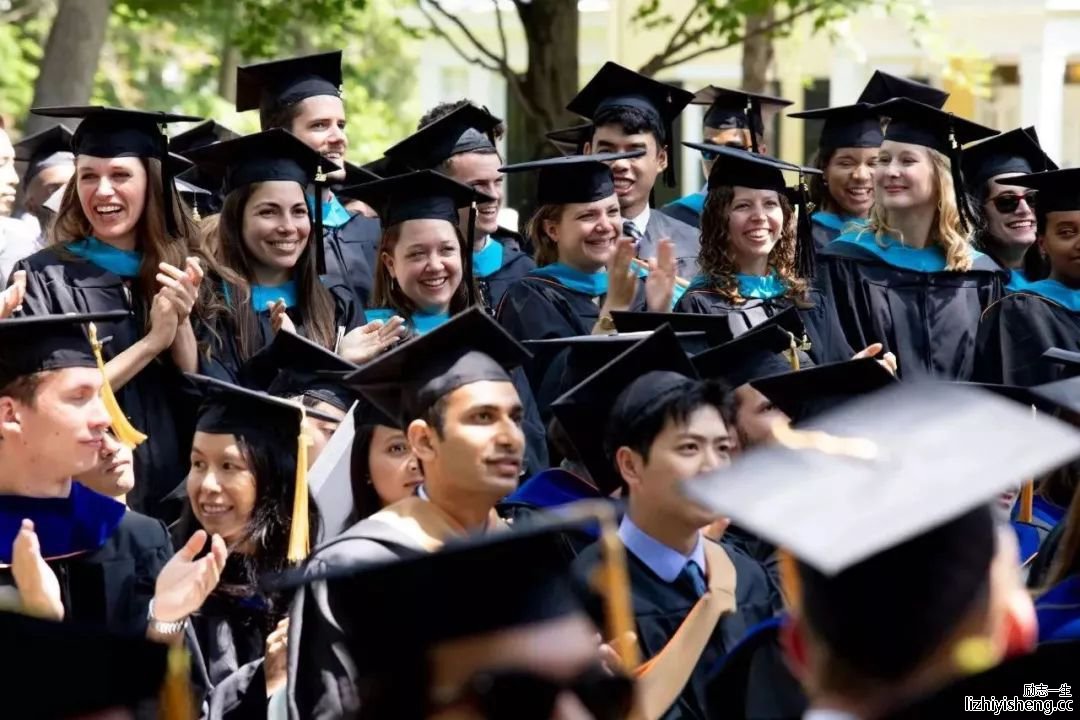我希望,我希望今天所有毕业的同学,以及所有在生活中体会过教育力量的人们都能成为高等教育的倡导者。目前关于高等教育的价值有一场全国性的讨论,我们需要听到你们的声音。换句话说,我们需要你将来帮助他人取得你们今日所取得的成就。

关于如何帮助更多学生获得大学学位,这里有三点建议:
首先,成为学业完成率的重要性的倡导者。
如果能取得学位的话,高等教育带来的收益是巨大的。如果你读了大学最终却没能取得学位,回报率会低得多。学生贷款违约率最高的那批人,不是负债最多的那些毕业生,而是没能读完大学的那些小额债务人。由于没能读完大学,他们也未能享受到高校学位带给他们的收入增长。
不久之前,我们授予了新泽西学院校长Barbara Gitenstein荣誉学位,在她领导新泽西学院近二十年的时间里,她将学校的四年制毕业率从58%提高到了75%,这个数字在全国公立高校排名前5%。通过提高学生的毕业率,Gitenstein校长改变了成千上万可能背负着债务辍学的学生的人生。支持更多像Gitenstein校长这样的高等教育领袖以及那些像新泽西学院一样致力于提高毕业率的院校吧。

其次,支持美国的公立高校。
美国各个州对公立高校的补助急剧下降,公立研究性大学的教育拨款在州财政预算中占比越来越小。例如,在密歇根大学,州的资助仅占总收入的9%。相比之下,在20世纪50年代,这个数字是80%。
州立大学的学费上涨并不是因为他们增加了每个学生的花销,而是因为州立法机关挖空了其他的经济来源。美国依靠其公立学校而强大,他们是社会发展创新的引擎。普林斯顿和其他私立大学为这个国家和世界做出了显著的贡献,但我们无法取代美国伟大的公立机构,它们是国宝,我希望你们支持它们。

第三,倡导帮助更多低收入家庭学生获得大学学位。
普林斯顿2018届优秀毕业生是这所大学272年历史上社会经济背景最多元化的,珍惜这点特别之处吧,因为你们不会保持这个记录太久了,普林斯顿的其他学生将打破这个记录。我们的研究生项目同样吸引了各种背景的人才,今年春天,我们录取了普林斯顿历史上背景最具社会经济多样性的博士生。
在普林斯顿,我们相信这种多样性的积极意义,因为我们知道,不管是大学还是国家想要向前发展必须从社会各阶层吸收人才。我们也知道,普林斯顿的学位是学生寻求社会经济阶层流动的助推器。如果我们想要解决这个国家由于不公平而导致的割裂,我们必须确保来自低收入全体的学生得到他们需要的教育,从而发展能力并为社会做出贡献。
当看到我们的本科、硕士和博士毕业生时,我真心为你们的优秀和多元感到骄傲,并未你们将会在未来几年做出的贡献而感到兴奋。

这个世界需要更多的大学生,而不是更少!
我们需要更多像今天这样的庆祝活动,需要更多自信快乐的毕业生和为他们骄傲的家人走出去,为世界带来积极的变化。在台上的所有人都为能参与到你们的庆祝活动中感到振奋,我们为你们的成就鼓掌,为你们即将开始的前方的冒险送上最美好的祝福,同时,我们欢迎你们将来多回母校看看。
2018届的优秀毕业生们,祝贺你们,也祝福你们。
In a few minutes, all of you will march through FitzRandolph Gate as newly minted graduates of this University. Before you do, it is my privilege to say a few words about the path that lies ahead. It is indeed a privilege, and also a joy, to address you, for all of you who graduate today have accomplished something genuinely important and worth celebrating.
You have completed a demanding course of study. It will transform your life in many ways. It will expand the range of vocations you can pursue, increase your knowledge of the world, deepen your capacity to appreciate societies and cultures, and provide a foundation for lifelong learning.
So we celebrate here on the lawn in front of Nassau Hall, as do other college communities in courtyards, auditoria, arenas, and stadia around the country. Graduates toss caps in the air and professors applaud. Families cheer and holler enthusiastically. Yet, even as we do so, we see a strange trend from columnists, bloggers, think tanks, and politicians. In essays, books, and speeches, some of them suggest that too many students are earning college degrees.
Too many college graduates: that is a very odd claim, because the economic evidence for the value of a college degree is overwhelming. For example, in 2014, economists Jaison Abel and Richard Deitz of the Federal Reserve Bank of New York estimated the average annual return on investment from a college degree, net of tuition paid and lost earnings, at between 9 percent and 16 percent per year for a lifetime (1). For the last two decades, the return on investment has hovered at the high end of that range, around 15 percent per year.






 猜你喜欢
猜你喜欢


 精彩导读
精彩导读
 热门资讯
热门资讯 关注我们
关注我们
